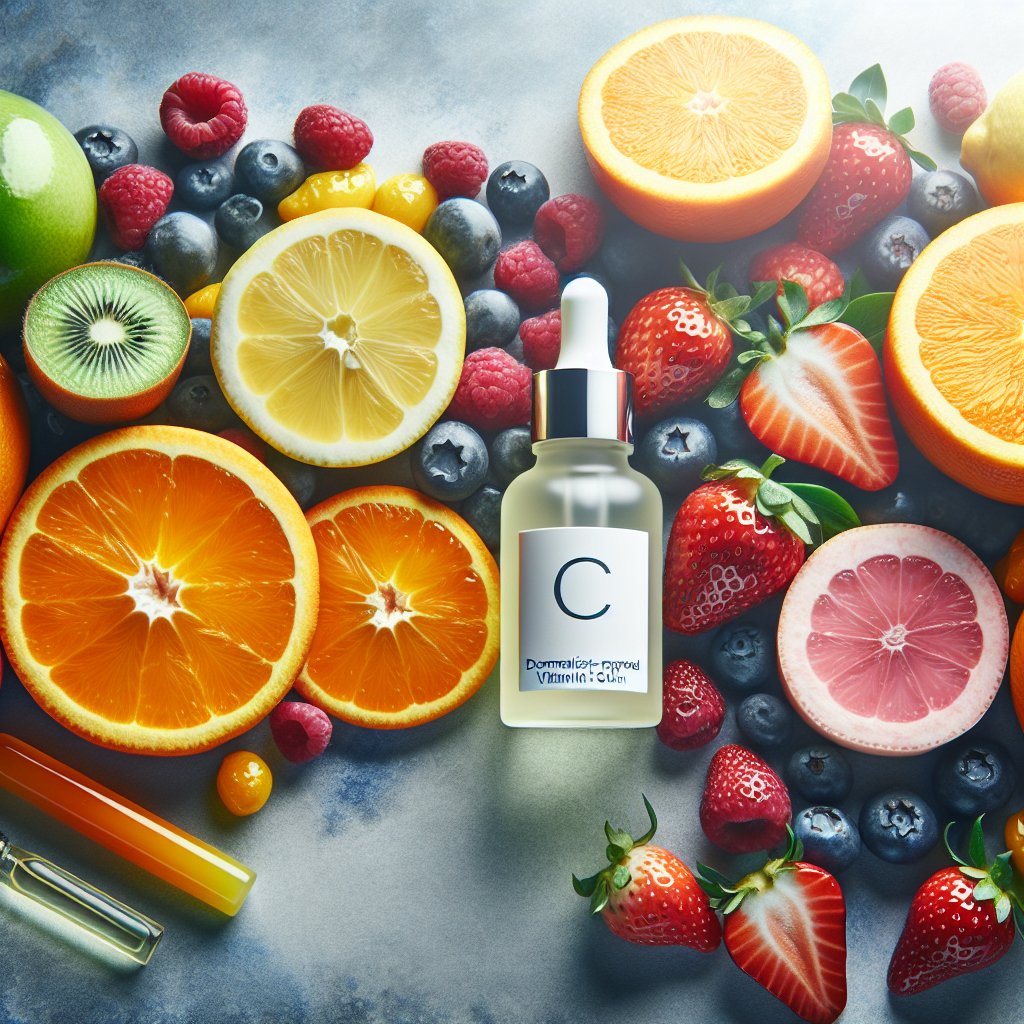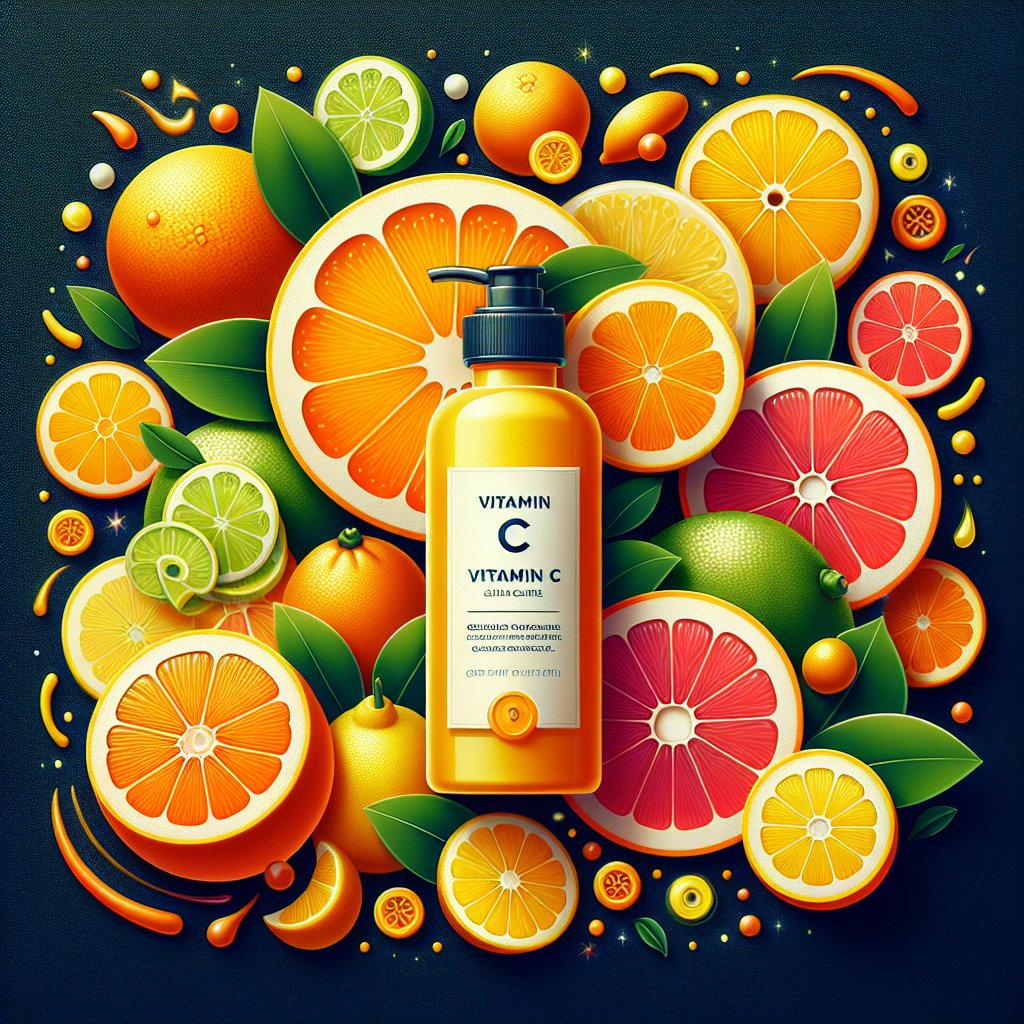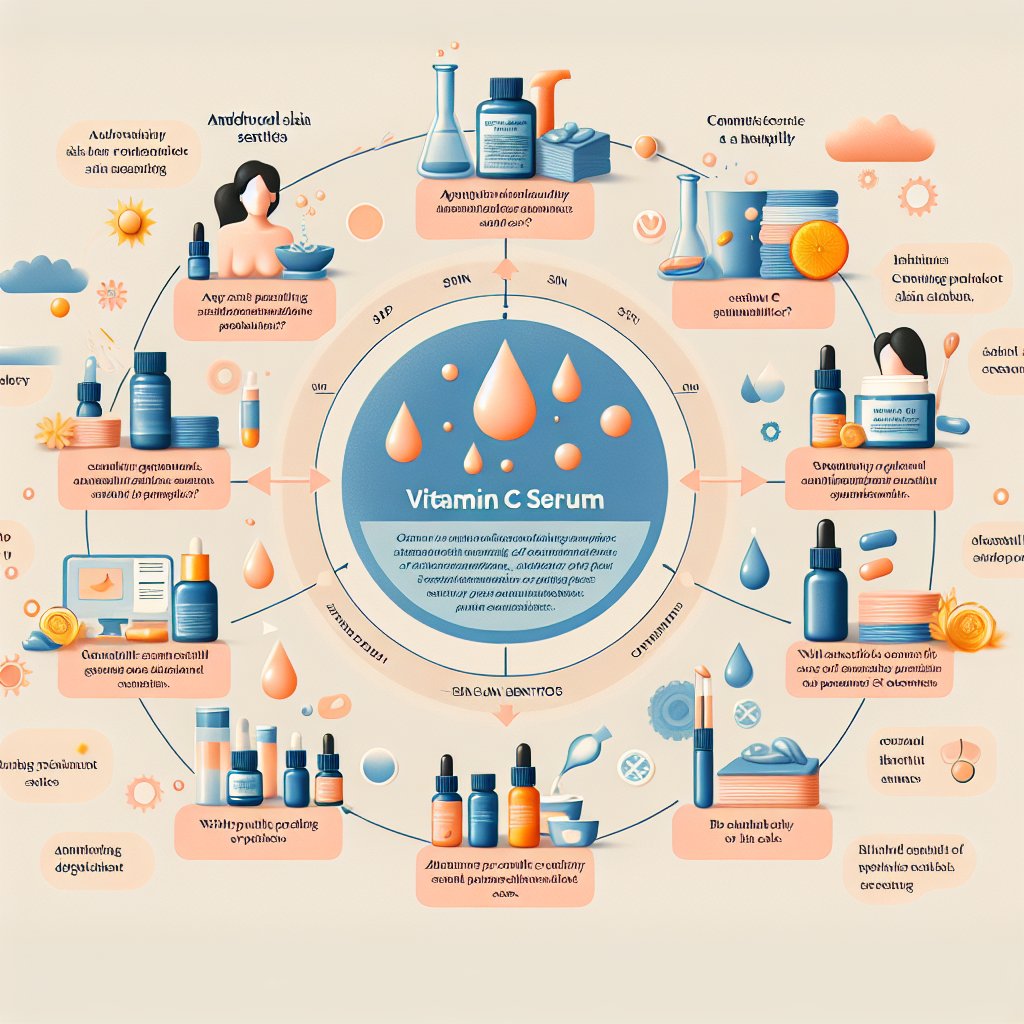Will Vitamin C Serum Cause Acne? The Truth Revealed and Expert Recommendations Unveiled!
Will Vitamin C Serum Cause Acne? The Truth Revealed and Expert Recommendations Unveiled!
Welcome to our in-depth exploration of the relationship between vitamin C serum and acne-prone skin. Vitamin C serum has become a staple in many skincare routines due to its numerous benefits, including brightening, anti-aging, and antioxidant properties. However, there are concerns about its potential to cause breakouts, especially for those with acne-prone skin. In this article, we’ll dive into the significance of vitamin C serum in skincare, backed by scientific research, and address common concerns regarding its effects on acne-prone skin. Let’s uncover the truth and gain expert recommendations to make informed decisions about incorporating vitamin C serum into your skincare regimen.

What is Vitamin C Serum?
Vitamin C serum is a popular skincare product that has gained widespread attention for its remarkable benefits. This powerful serum is renowned for its antioxidant properties, which help protect the skin from harmful free radicals and environmental stressors. Moreover, vitamin C plays a vital role in promoting collagen production, which is essential for maintaining skin elasticity and firmness.
Research has shown that the use of vitamin C serum can contribute to a brighter, more even complexion while helping to diminish the appearance of fine lines and wrinkles. Additionally, it aids in improving skin texture and reducing the impact of sun damage.
Relation Between Vitamin C Serum and Acne
There’s a lot of buzz around the potential impact of vitamin C serum on acne, and it’s essential to understand both the benefits and drawbacks based on scientific research. Let’s dive in and explore the truth behind whether vitamin C serum will cause acne.
Research suggests that vitamin C can be beneficial for acne-prone skin. Its antioxidant properties help in reducing inflammation and promoting collagen production, which may aid in preventing acne breakouts. Additionally, vitamin C helps in fading post-acne red marks, leading to improved skin texture and tone.
However, it’s important to note that certain types of vitamin C may not be suitable for all skin types. For instance, high concentrations of vitamin C, especially in its pure form of L-ascorbic acid, might be too potent for sensitive or acne-prone skin, potentially causing irritation or breakouts. It’s essential to approach vitamin C serum with caution, especially if you have acne-prone skin.
Best Practices for Using Vitamin C Serum for Acne-Prone Skin
When it comes to incorporating vitamin C serum into your skincare routine to minimize the risk of acne breakouts, it’s important to follow some expert recommendations. According to a study published in the Journal of Clinical and Aesthetic Dermatology, vitamin C has been shown to be effective in reducing acne-related inflammation and hyperpigmentation.
However, to ensure that vitamin C serum doesn’t cause acne, it’s crucial to choose a non-comedogenic formula specifically designed for acne-prone skin. Look for a serum with a lower concentration of vitamin C, around 10-20%, to minimize the risk of irritation and clogged pores. Additionally, it’s best to apply the serum after cleansing and toning, and before moisturizing. This allows the active ingredients to penetrate the skin effectively without causing any potential breakouts.
Addressing Common Misconceptions
There are several common misconceptions about the relationship between vitamin C serum and acne. One of the biggest myths is that using vitamin C serum can cause acne breakouts. However, scientific research has debunked this belief. In fact, vitamin C serum is praised for its anti-inflammatory and antioxidant properties, which can be beneficial for those with acne-prone skin. The truth is that vitamin C serum can actually help to reduce acne and improve overall skin health. This misconception likely arises from confusion with certain other serums or products that may contain comedogenic ingredients that can clog pores.
User Testimonials and Reviews
Let’s dive into some real-life experiences and feedback from individuals who have used vitamin C serum on acne-prone skin. Sarah, a 28-year-old marketing executive, shared her success story with vitamin C serum. She mentioned that incorporating a vitamin C serum into her skincare routine not only helped fade her acne scars but also minimized breakouts. Similarly, John, a 32-year-old teacher, raved about how vitamin C serum reduced the appearance of his acne. These testimonials echo the findings of scientific research that vitamin C can actually benefit acne-prone skin, rather than cause acne.
Safety and Precautions
When it comes to using vitamin C serum for acne treatment, it’s crucial to highlight the importance of patch testing and consulting dermatologists. This simple step can help determine if the serum is suitable for your skin type and can prevent potential adverse reactions. According to a study published in the Indian Dermatology Online Journal, patch testing assists in identifying any allergic or irritant contact dermatitis reactions.
Consulting a dermatologist is equally essential, as they can provide personalized advice based on your skin condition and medical history. They can recommend the most suitable concentration and formulation of vitamin C serum for your acne treatment.
Potential side effects of using vitamin C serum for acne treatment may include mild irritation, redness, or dryness, especially when using higher concentrations. However, these effects are usually temporary and can be minimized by gradually introducing the serum into your skincare routine, as stated in a study in the Clinical, Cosmetic and Investigational Dermatology journal.
Summarizing the Impact of Vitamin C Serum on Acne-Prone Skin
In conclusion, the research and expert insights have shed light on the truth about vitamin C serum and its impact on acne-prone skin. While it may seem counterintuitive to apply a serum to acne-prone skin, the reality is that vitamin C serum can actually be beneficial for such skin types. The powerful antioxidant properties of vitamin C help to fight free radicals, reduce inflammation, and promote collagen production, which can aid in healing acne and preventing future breakouts. Additionally, the skin brightening effects of vitamin C can help to fade acne scars, revealing a clearer and more even complexion. Therefore, it’s safe to say that when used appropriately, vitamin C serum is unlikely to cause acne and can, in fact, contribute to overall skin health and vitality.


